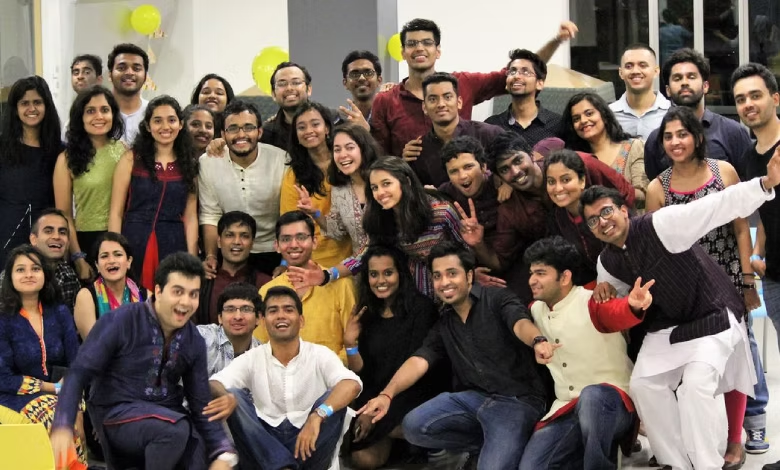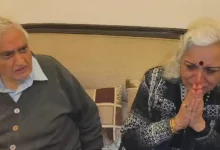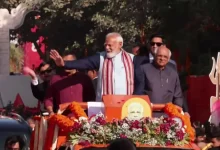US Visa Policy Threatens Future of 3 Lakh Indian Students

A proposed bill in the United States Congress has raised concerns among international students, particularly those pursuing STEM (science, technology, engineering, and mathematics) courses. The legislation seeks to end the Optional Practical Training (OPT) program, which currently allows graduates to work in the U.S. for up to three years. This move could disrupt career plans for thousands of Indian students who rely on OPT for professional experience and transitioning to long-term employment visas.
India has emerged as the leading country of origin for international students in the U.S., with 331,602 students enrolled during the 2023–2024 academic year—a 23% increase from the previous year, according to the Open Doors 2024 report. Of these, 97,556 students participated in OPT, marking a 41% rise.
The bill comes amidst a wave of anti-immigrant policies under the current administration, including stricter visa controls and mass deportations. Many Indian students are now scrambling to secure jobs that could sponsor them for an H-1B visa, a competitive work visa backed by major tech firms13.
Expert Insights on OPT’s Future
Immigration law expert Poorvi Chothani explained that OPT provides graduates with one year of work authorization, extendable by two years for STEM graduates employed by qualified U.S. employers. However, if the bill passes, OPT could end abruptly, forcing students to leave the U.S. unless they secure an H-1B visa or explore opportunities in other countries.
Chothani highlighted financial concerns as a key issue; without OPT, many students may struggle to repay their student loans due to lost access to U.S.-level salaries. Additionally, prestigious universities like Cornell and Yale have unofficially advised international students against traveling home during breaks due to fears of re-entry restrictions.
Implications if Passed
If enacted, the bill would not only eliminate OPT but also leave STEM graduates without viable alternatives for staying in the U.S., unless they win the H-1B lottery—a process known for its limited slots and fierce competition. This could prompt many students to consider relocating to countries with more stable post-graduation work options like Canada or Europe




